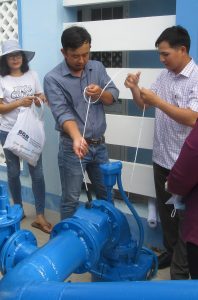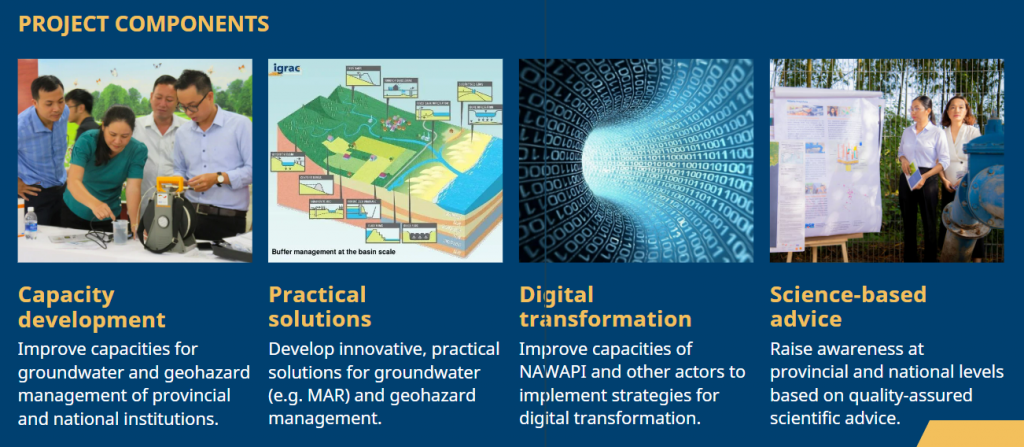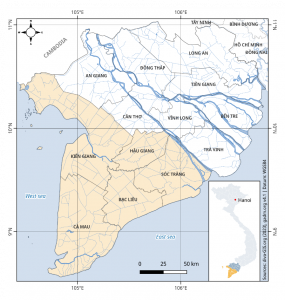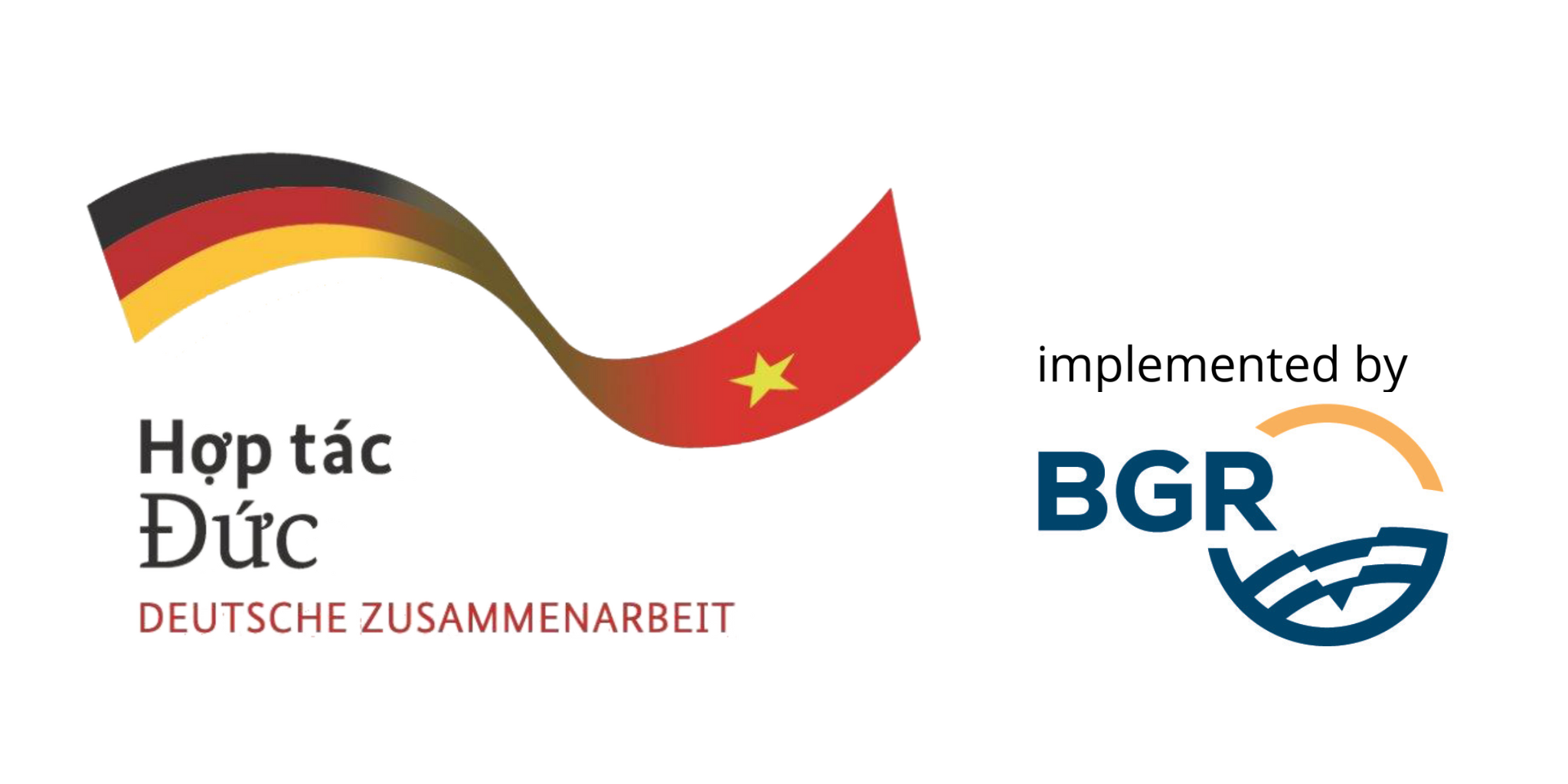
Groundwater in the Mekong Delta
The Mekong Delta is the home of more than 17 million people and is one of the world’s regions most affected by climate change. As surface water in the Delta is becoming increasingly saline, polluted and unreliable, the attention is turning to groundwater. Groundwater now plays an important role in securing water supply and livelihoods, and is the main backup water source during droughts, especially in the coastal zones. Its importance is bound to grow further against the backdrop of climate change, developments in the upstream basin and inside the Delta itself, all of which will likely lead to reduced freshwater availability in the future.
While groundwater remains an interesting alternative source of freshwater, increasing reliance on it could become a problem. Groundwater recharge to the deeper layers is limited, and over-abstraction leads to groundwater level decline and ultimately depletion. Groundwater is often naturally brackish to saline, and fresher portions are prone to degradation. Pollution from anthropogenic activities further impairs shallow groundwater, rendering it unfit for consumption. Groundwater extraction is also considered an important driver of land subsidence, which the already low-lying Mekong Delta is experiencing at staggering rates.
In recent years, the Vietnamese government has begun to improve the conditions for climate-resilient development in the Mekong Delta, including pathways to more sustainable groundwater management and control of land subsidence and erosion. Following the Resolution No. 120/NQ-CP on regional coordination and the pilot regulation 593/QD-TTG on the coordination of development plans, the Mekong Delta Integrated Regional Plan (MDIRP) adopted in mid-2022 as well as its subsequent action and investment plans provide a sound foundation to improve the conditions of the Delta.
The project
‘Climate resilient management of groundwater and geohazards’ (CRMGG) works on several key factors for groundwater and geohazard management with regards to climate adaptation in the Mekong Delta: strengthening institutional and technical capacities for management in provinces and at the national level, developing practical solutions on the ground and in the ‘cloud’, and contributing to a coherent, multi-sectoral and evidence-based approach to decision making (see Figure “components”). This supports the implementation of strategies and regulations as outlined in the Mekong Delta Integrated Regional Plan (2022), the Mekong River Basin Water Resources Plan (2023) and the revised Law on Water (2023).

CRMGG started in July 2022 as a direct successor to the project ‘Improvement of groundwater protection in Vietnam’ (IGPVN) implemented from 2009-2022. Its core area is the Mekong Delta, where it operates in several mainly coastal provinces, e.g. Soc Trang, Bac Lieu, Ca Mau, Hau Giang and Kien Giang.

Partners
CRMGG is anchored under the Ministry of Natural Resources and Environment (MONRE) of Vietnam, and implemented with the National Center for Water Resources Planning and Investigation (NAWAPI). In the provinces, CRMGG cooperates with the local environmental authorities (DONREs) of Ca Mau, Bac Lieu, Soc Trang, Hau Giang and Kien Giang Provinces, as well as other stakeholders such as water suppliers.
Activities are closely coordinated with other Vietnamese-German initiatives, such as the Mekong Delta Climate Resilience Program (MCRP) implemented by GIZ and MARD, and various research projects. The project is funded by the Federal Ministry for Economic Cooperation and Development of Germany (BMZ) and the Ministry of Natural Resources and Environment of Vietnam (MONRE), and forms part of the ‘climate mitigation and adaptation’ portfolio of BMZ in Vietnam.

